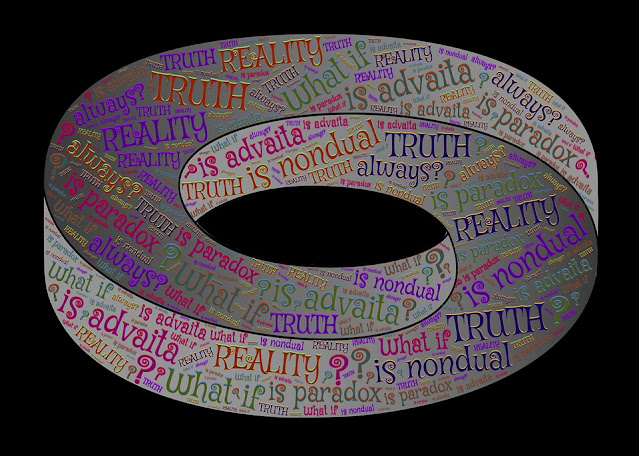One thing that has changed dramatically over the years is how much the seasons effect us. Modern technology has allowed us to live as if the world were the same every day, year round. Our ancestors didn't have that luxury. When winter came, their whole life changed. There were lots of things they could no longer do, and much like the natural world, they worked hard during the rest of the year so that they would have the resources to manage the winter, and as a result they had more free time in the winter months.
This time would often be spent connecting with each other, listening to stories (and learning from the past), and thinking deep thoughts. This is something I feel we have lost so much with our modern 24/7/365 paced lifestyle. We no longer have these fallow times where we can let go of our burdens and simply be. We don't have time every year to contemplate our lives or the things that are important to us. Sometimes we can't even find time to sit with our own thoughts for a few minutes.
But that kind of decompression time is necessary! And introspection is a very healthy practice for everyone that I firmly believe we don't do enough anymore (especially with so many distractions constantly at our fingertips with phones and computers and on demand content of every kind). It's a sad fact that many people can't stand to simply sit with themselves for even a few minutes.
And I know that we are all busy, and trying to cram as much as possible into every second because we know how precious time is. But this is one of those things that seems like a 'waste of time' but actually gives us so much more!
Taking time to rest, to dream, to think and to simply be has amazing restorative properties! I often think of this kind of practice as a form of meditation, and so much has been written about the benefits of meditation, even if you can only squeeze in a few minutes here and there. It's one of those practices that I feel that any attempts have benefits, and that no matter where you are in life, you can add in a bit of stillness and be better for it.
If we are really honest with ourselves, sometimes we do things just to fill the void. I find myself scrolling social media or searching for something to watch ALL the time. And I'm definitely not suggesting that we never do these things, as sometimes distraction or mindless entertainment is exactly what we need. But we can also shave a little time off of these kind of things and give ourselves space to simply be.
One of my favorite times to start with are those little moments of waiting we have scattered throughout our day. If we are stuck in a line, don't pull out your phone and start filling that time, but simply allow yourself to think. If you are cooking dinner and waiting for a pot to boil, sit down, have a sip of water and let your mind wander.
I should note, I think it's important to really let yourself play with this time. Do your best to not focus on your to-do list or worry about that thing that someone said to you. Let yourself walk down memory lane (but think about positive memories, or at the very least memories with lessons).
Journaling can also be a great way to turn inward. If you haven't tried stream of thought journaling, I highly recommend it! You may find yourself thinking you don't have anything to write about, so start with that! Grab a pen and just write "I don't know what to write about..." and then keep going. Any thought that comes to your mind goes on your paper. Spend a few minutes doing this, and then read back what you wrote (actually I love going back to old journals, reading entries, and then writing my current thoughts about what I had written before...it's a great way to dig deeper into things or just observe your own growth).
It's very easy, especially with holiday season looming ever closer, to find small delays frustrating and to be focused on how far behind we fell or our giant to-do list, but every moment you can stop the rush and the overthinking and just let yourself breathe and exist and think is a precious gift, and you may be surprised to realize how much reclaiming these small moments does to make you feel more refreshed and less weighed down by the hustle and bustle of modern life.




